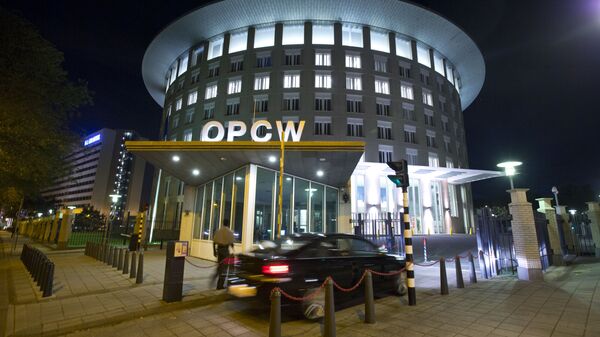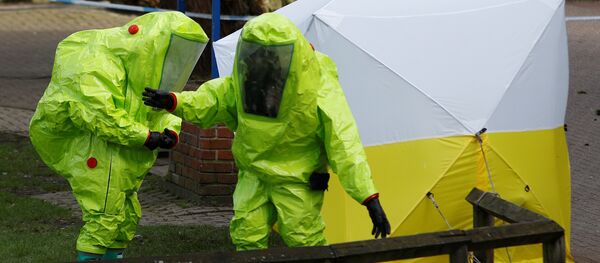"At the extraordinary session of the OPCW Executive Council that will take place on April 4, we are going to make one more proposal… it will be a simple and clear proposal in order to contribute to the probe into the Salisbury incident. I will repeat one more time, we are interested in the establishment of truth not less but more than the UK side," Alexander Shulgin said.
Alexander Shulgin also said that the activities of the experts of the Technical Secretariat of the OPCW on the Skripal case were not transparent.
"We have a lot of questions to them because everything has been conducted in a very nontransparent manner. We have came to a consequence that it is time to make one more attempt and to send the consideration of the situation exclusively to a legal framework," Shulgin said.
The official added that the Russian side raised the issue that the UK-initiated investigation into the incident within the OPCW framework should be conducted in a transparent way.
"It is very important for the experts of the technical secretariat to share the information, but they clearly do not want to do that," Shulgin added.
He also said that the experts of the organizations would not be able to present the results of their work by April 4.
On Thursday, Russian Foreign Minister Sergey Lavrov said that Russia had officially proposed to convene an extraordinary session of the OPCW Executive Council on April 4 to have a "frank conversation" and establish the truth about the case of poisoning of former Russian intelligence officer Sergei Skripal in the UK town of Salisbury.
Soon after the incident, the UK envoy to the UN Security Council announced that the United Kingdom had asked the OPCW to independently verify its findings in the nerve agent attack against Skripal. On March 19, a group of the OPCW experts arrived in the United Kingdom to carry out an investigation of poisoning of the Skripals. On March 21, the experts arrived in Salisbury and collected a number of samples at the incident site.
During a briefing organized for foreign ambassadors on the Skripal case in March, the Russian Foreign Ministry and the Defense Ministry stressed that all chemical weapon stockpiles in Russia had been completely destroyed in September 2017, which had been then confirmed by the OPCW.



